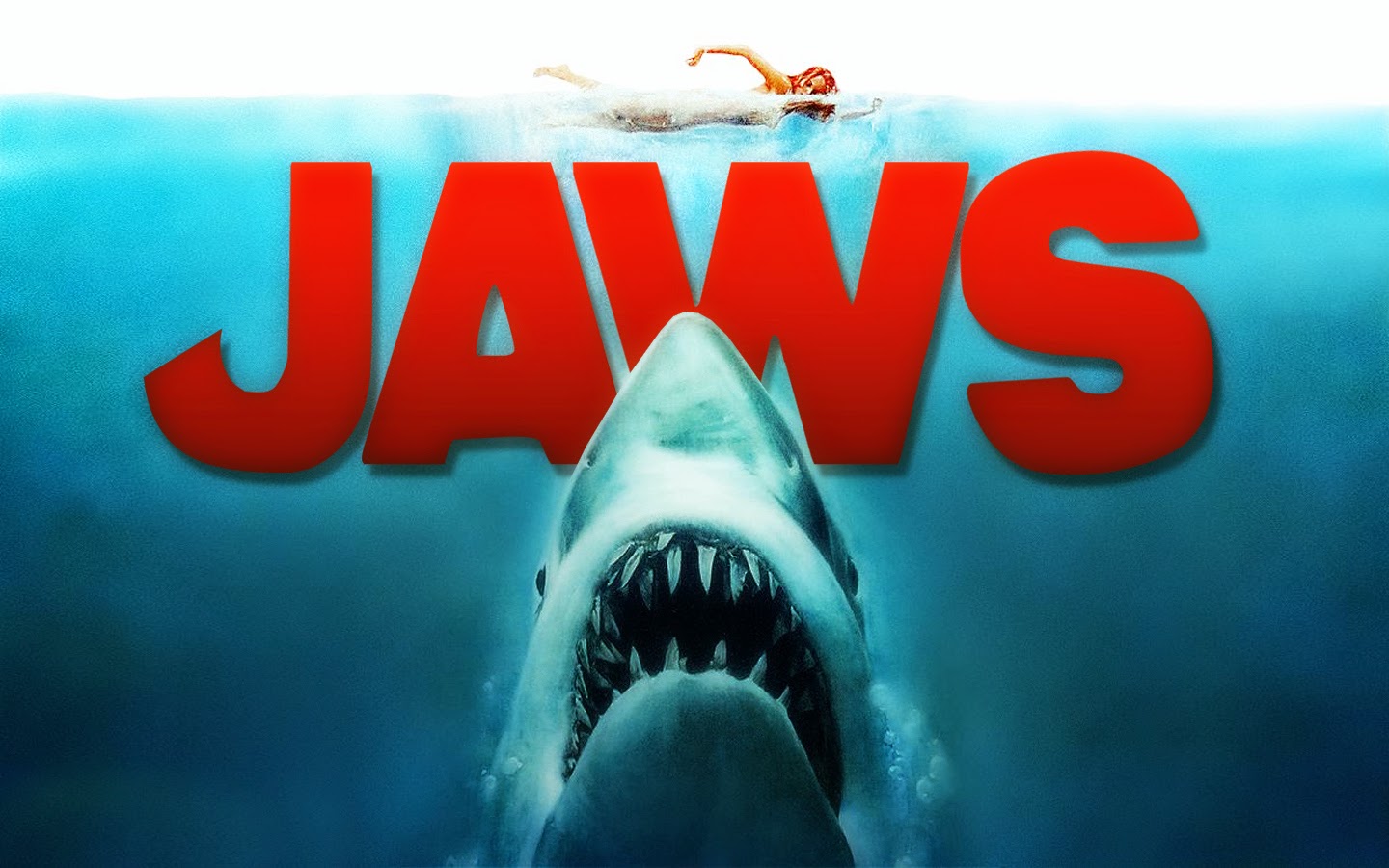In the summer of 1975, the iconic “Jaws” movie premiered. It was a hit, breaking records at the box office and, later, in global movie rentals. It also had a tremendous effect on tourism. Incredibly, across the United States, beach tourism significantly decreased after the release of the movie. Why did this happen? Why did so many people react with fear of water after seeing a movie based on a fictional shark attack? The answer lies in a popular cognitive bias: the availability heuristic.
What is the Availability Heuristic?
The availability heuristic is a device that all people use to make decisions and predictions based on the most accessible information they have. So in 1975, when people were deciding whether or not to go to the beach, many leaned on their most available point of reference – a movie about a shark attack.
The availability heuristic is usually a very helpful device. It allows us to make decisions quickly and solve problems based on our past experiences and the information we have learned and stored in our memory banks for quick access. We avoid certain highways at certain times of day, because we know from past experience and regular traffic reports that they are jammed. This is a benign example of how the availability heuristic can help us. However, we often judge the probability of all events by how quickly and easily examples of that occurrence come to mind, rather than by identifying alternative possibilities and real probabilities of a particular event.
Many believe that declinism bias is spurred by our 24-hour news cycle culture. As news and social media platforms bombard individuals with a steady stream of bad news, viewers may develop strong feelings and emotions about the direction society is heading, and become less willing to engage with those with different points of view.
In the summer of ’75, the whole country fell under the Availability Heuristic when the blockbuster movie “Jaws” made people afraid to go into the water.
Think, for example, about the promotion process in a company. How can the availability heuristic impact the decision between two people who are being considered for the same role? Might a manager recall the time Person A missed a deadline last month, even though it was out of character for that employee? Perhaps Person B recently outperformed their usual outputs, and is seen as the stronger candidate for promotion because of it. In this case, we all hope that cumulative past performance, talent-role fit, and team compatibility outweigh availability heuristic when the decision is made. For that to happen, it is necessary for the managers in this example to recognize potential bias and find the historical data and information that will balance the information that is most readily available to them.
How to Overcome the Availability Heuristic
At the Reboot Foundation, we are focused on advancing critical thinking skills to help more people understand how to navigate their inherent, natural biases to make stronger decisions.
Effective critical thinking and decision-making relies on our ability to discern our biases from facts. It allows us to more effectively view market trends, customer preferences, and global events in a way that takes our availability heuristic into account. The goal is not to override availability heuristic, which is impossible and would significantly impair our day-to-day decision-making processes. The goal instead is to recognize availability heuristics as mental shortcuts, but also be able to intuit when going the long way is the better route.
In business, “going the long way” is typically more expensive. It will likely involve market research and extensive data analysis. This is why the availability heuristic is important. We can’t do extensive research and analysis for every business decision, but we can use them to inform the big things, such as business strategy, product development, and marketing plans. Many other decisions still rely on our “gut feelings” – the combination of cognitive biases and decision-making devices we all use to advance our work and inform action. This is why business experience and industry knowledge work so well together. The experience informs our heuristics, and the industry knowledge helps us discern fact from instinct. So the next time you’re in a position to make a big decision, ask yourself if you’re using only the information that comes to you most easily, or if you’re thinking deeply about the probabilities and possibilities that might exist, instead.
By Helen Lee Bouygues, President of the Reboot Foundation




